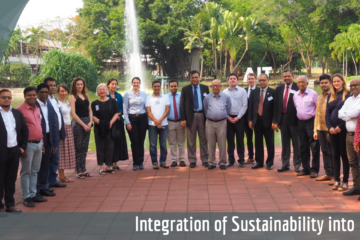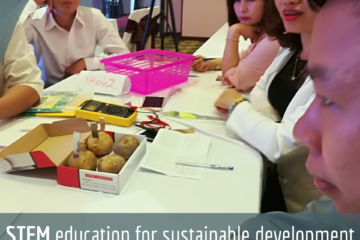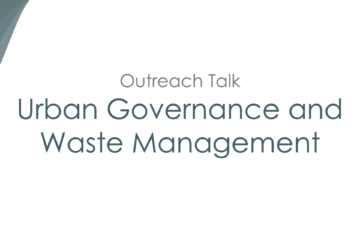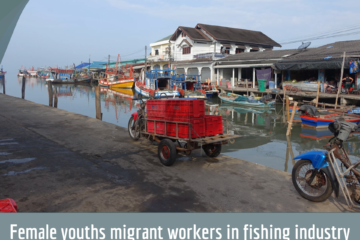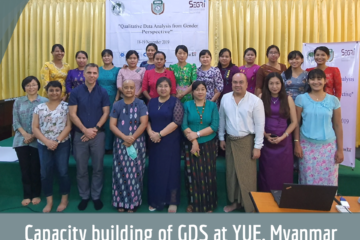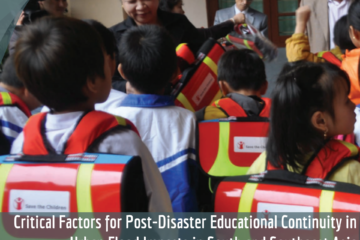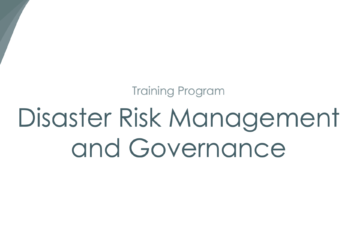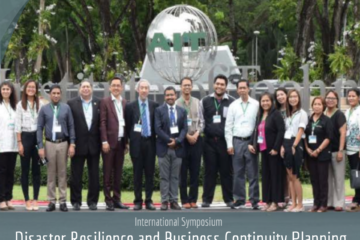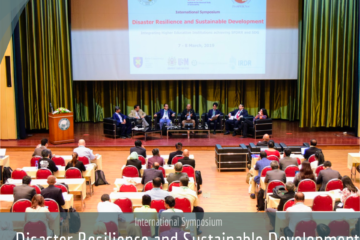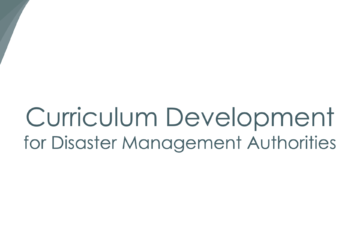Vietnam is experiencing with rapid demographic and social change including rural out migration and aging population in rural areas. Rapid economic growth and industrialization have not been friendly to the environment and natural resources; and urbanization and population growth are causing rapidly increasing waste and pollution challenges. Since every SDG requires education to empower people with the knowledge, skills and values to live, build their lives and contribute to their societies. A question emerged in this context is how STEM education prepare a young generation who are able to address the great challenges of the society. This project aims to understand teachers’ attitudes and behaviors in STEM education- an interdisciplinary approach to learning. The ultimate goal is this research is to understand which STEM education models would be “good practices” to (i) enhance comprehensive education for students, (ii) improve students’ STEM literacy, (iii) develop students’ both soft and academic skills such as problem-solving, creativity, critical thinking, augmentation, intellectual curiosity and collaboration skills, (iv) connect schools to communities, (v) orient students’ career development and (vi) prepare for Industry 4.0.
Keywords Teachers, attitudes, STEM teaching practices, young generation, STEM literacy, problem-solving
(more…) 